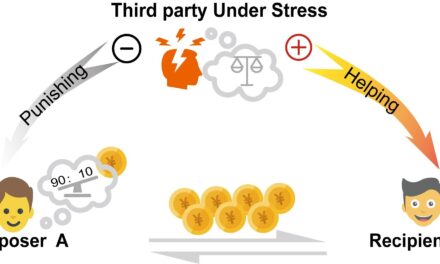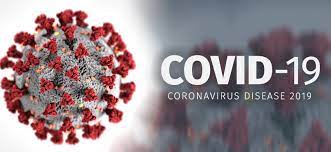February 2, 2025 — With global temperatures continuing to rise, heat-related illnesses have become an increasing concern, with over 100,000 people in the U.S. seeking treatment for heat-related issues every year. Among the most severe forms of heat-related illness is heatstroke, which can result in unconsciousness, organ damage, and, in some cases, death. But new research from the University of Florida reveals that the long-term effects of heatstroke might be more severe than previously thought.
According to a recent study led by Dr. Thomas Clanton, Ph.D., a professor of applied physiology at UF, a single episode of heatstroke can cause significant, long-lasting damage to multiple organs, including the heart. The research, conducted using a mouse model, shows that even after appearing to recover from heatstroke, animals suffer from a weakened heart and disrupted metabolism for months—equivalent to several years in a human lifespan.
“The animals appeared to recover over a few days, but their hearts metabolically crashed two weeks later, which is when physicians often stop following human patients,” Dr. Clanton explained.
The study highlights that after heatstroke, the heart’s ability to metabolize nutrients is impaired, leading to an increased risk of obesity and metabolic disorders, particularly when the mice were later fed a high-fat diet. Both male and female mice showed evidence of chronic deterioration, but male mice were found to experience more severe effects.
The findings underscore the importance of preventing heat-related illnesses before they occur, particularly in extreme heat conditions. Dr. Clanton emphasized the need to hydrate and cool down as soon as symptoms like fatigue arise, in order to minimize the risks of severe health consequences. As there is currently no established treatment for chronic heatstroke injury, understanding the mechanisms of long-term damage could help in identifying future interventions.
The study, funded by the U.S. Army Medical Research and Development Command, was initially aimed at developing a better understanding of heat injury in military personnel. Over the years, improved procedures have significantly reduced the incidence of severe heatstroke among soldiers. However, Clanton’s team discovered that some individuals, both animals and humans, continue to experience lasting health problems long after their initial recovery—similar to the long-term effects seen in people with concussions or chronic viral infections.
The research team tracked the mice for three months after a single heatstroke episode and found that their hearts were weaker, they gained weight, and their metabolism of carbohydrates was impaired. While the direct effects on humans remain to be studied, the research provides important insights into how heatstroke could lead to chronic health problems. Clanton and his colleagues are now planning to follow human heatstroke survivors to further understand these long-term effects.
“We expect to see more cases of chronic heat injury as the climate continues to warm,” said Dr. Clanton. “Our goal is to identify potential treatments to help people recover more quickly and minimize long-term damage.”
Disclaimer: While the research conducted on mice provides valuable insights into the potential long-term effects of heatstroke, it is important to note that results from animal studies may not directly translate to humans. Further research in human subjects is needed to confirm these findings and explore potential treatment options.












